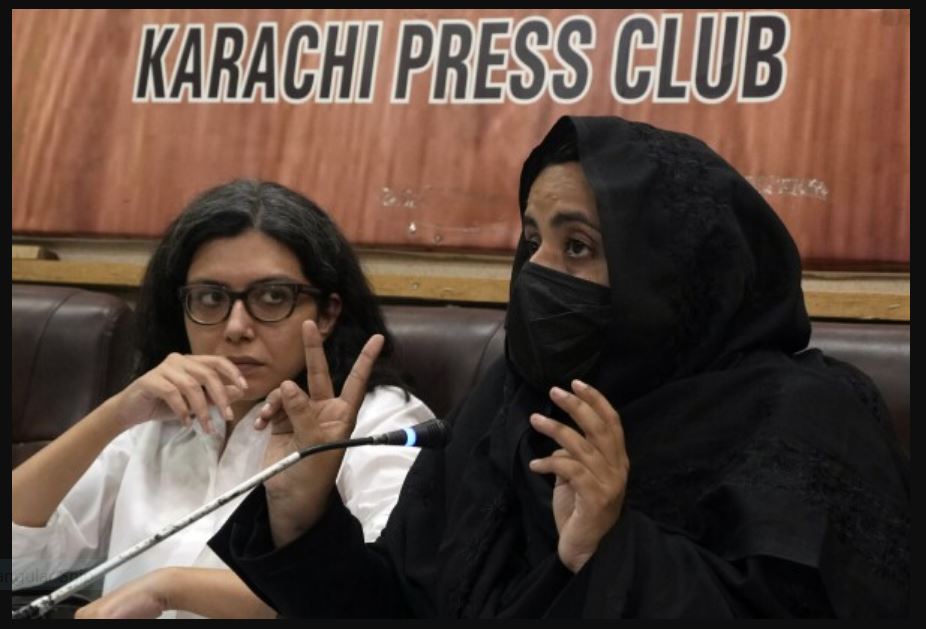Clearing the Fog: India’s Waqf Amendment Act as a Boost for Muslim Progress Globally
These amendments aren’t some grand conspiracy against Muslims—they’re a practical fix for a creaky system.
Across India, the 2025 amendments to the Waqf Act have stirred up a whirlwind of debate. Critics argue they’re a sneaky attempt to chip away at Muslim religious rights, fueling fears of disenfranchisement in places like Haryana—where Waqf properties pepper both city streets and rural fields—and beyond.
Some loud voices with their own agendas have turned up the volume on these claims. But if you peel back the layers, a different picture emerges. These changes aren’t about attacking faith; they’re about practical steps to modernize how Waqf properties are run, cut down on corruption, and stay true to the Islamic values of charity and justice at the heart of the Waqf system.
Let’s separate the rumors from the reality and look at what’s really happening—a push for efficiency and fairness that could benefit communities far beyond India.
One persistent misunderstanding is that Waqf administration is some untouchable religious domain, off-limits to practical reforms. Back in 1964, India’s Supreme Court put that idea to rest in a case called Tialkayat Shri Govindlalji Maharaj vs. State of Rajasthan. The ruling? Managing properties—whether they’re temples or Waqf holdings—is a secular job, not a spiritual one. The 2025 amendments take this to heart, aiming to streamline operations without meddling in religious freedoms.
In Haryana alone, Waqf properties include mosques, graveyards, and commercial spaces, while across India, 8.72 lakh properties cover a massive 38 lakh acres. Last year, these assets brought in just Rs. 166 crore, but the WAMSI portal estimates they could generate Rs. 12,000 crore. The amendments want to bridge that gap, channeling the profits to the poor and marginalized—exactly what Waqf is supposed to do.
Then there’s the notion that Waqf Boards are sacred institutions straight out of the Quran and Hadith, immune to any tinkering. The Kerala High Court in 1993 (Syed Fazal Pookoya Thangal vs. Union of India) cleared this up, pointing out that Waqf Boards are legal creations under the 1954 Waqf Act, designed to manage properties, not oversee religious life.
In Haryana, where mismanagement has left many Waqf assets idle, these changes tackle the problem head-on—think digitized records and stricter accountability—to live up to Islam’s call to support those in need.
The idea of adding non-Muslims to Waqf Boards—up to three out of eleven members in states like Haryana, or four out of twenty-two at the national level—has sparked accusations of religious interference. But rewind to 1965: the Allahabad High Court (Hafiz Mohamed Zafar Ahmed vs. UP Central Sunni Waqf Board) ruled that even non-Muslims can serve as Mutawallis (caretakers), since management isn’t about faith—it’s about competence.
Picture Haryana’s urban Waqf shops or rural lands: bringing in non-Muslim experts in law or administration could root out corruption without touching religious principles. Look at history—non-Muslim-led efforts like the Sachar Committee and Rangnath Misra Commission have delivered real benefits for Muslim communities. This is about professionalism, not overreach.
Some worry that mosques, madrasas, or graveyards—like those in Haryana’s Mewat region—are at risk. That’s simply not true. The amendments apply moving forward and safeguard already registered properties. ‘Waqf by User’ sites—places recognized as Waqf through long-term use—are secure, backed by Islamic teachings in Sur-e-Baqra about honoring written commitments (think Nikahnama). The 2013 rule allowing “any person” to dedicate Waqf is gone, ensuring only Muslim owners can do so, which aligns with Islamic tradition. As for Waqf-Alal-Aulad (family Waqf), the changes stop its misuse—think back to Zamindari-era land grabs—while protecting rights for women, children, widows, and orphans, reflecting Islam’s focus on compassion.
The old system was a mess. In Haryana and across India, Mutawallis often dodged audits, leaving revenue at a trickle compared to what it could be. The amendments up the fines—not jail time—to enforce transparency, swap Survey Commissioners for District Collectors with revenue know-how, and put senior officers in charge of disputes for fairness. They also open the door wider: Section 14 includes Haryana’s backward Muslims, women, and smaller sects in Waqf Board governance, making it more representative.
Wild claims—like Karnataka’s supposed ASI land grab or Haryana’s property disputes—get reined in, aligning Waqf with constitutional property rights under Article 300-A. Dropping Section 108A’s override, which the Sachar Committee flagged as problematic, means Civil and High Courts can step in, tackling a backlog that’s ballooned from 10,000 cases in 2013 to 32,000 today. In Haryana, this could unlock assets for schools or clinics, turning Waqf into a lifeline for communities.
These amendments aren’t some grand conspiracy against Muslims—they’re a practical fix for a creaky system. They stick to secular management, preserve religious purpose, and empower through better efficiency. For Haryana’s Muslims, and others across India and potentially beyond, this could turn neglected plots into engines of progress. Holding onto myths keeps things stuck; facing the facts builds a future worth believing in. Let’s go with the latter.



